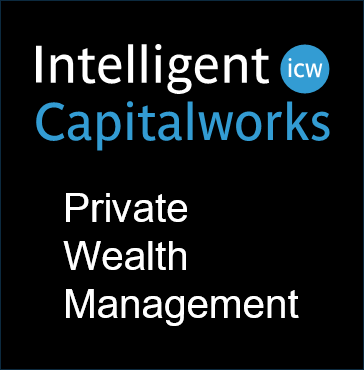Americans have a retirement savings problem ‒ for some Baby Boomers, “crisis” is not too strong a word ‒ and it’s causing a fair amount of anxiety.
Recent surveys cite statistics like these: more than a third of all working-age adults haven’t saved any money toward retirement; 41% of folks in their 50s are not currently saving; and 22% of the middle class would rather “die early” than not have enough money to live comfortably in retirement.
Don’t fall into the “That’s not me” trap. People of means and high-income earners may be even more surprised to learn that they are the ones in the “high-risk” population of not being able to support their lifestyle after they retire. Not having adequate savings to support a lifestyle in which you live well can cause a lot of hand-wringing at best and cost you your financial independence in retirement at the extreme. So now’s the time to make sure you’re on track to remain financially independent. The following suggestions are a good starting place.
Retirement 101
The first rule of building a successful savings and investment program is to “Pay yourself first.” Most who fail to begin building a successful retirement planning program continue to try and save “what’s left at the end of the month.” The problem with this strategy is that there is usually not enough, if anything, “left to save.” If this is you, work towards turning things around. Save first and adjust your lifestyle to live on what’s left. The easiest way to get started is to trim the household budget and enroll in your company’s 401(k) plan if you haven’t already, and take full advantage of employer matching funds. If a company-sponsored retirement plan is not available to you, get started with a personal IRA. Even if you can’t contribute much, the earlier you start the better.
Debt or savings?
Don’t blindly prioritize paying off your debt over saving for retirement. This choice needs a bit of analysis comparing your after-tax cost of debt versus the structure and rate of your expected investment returns. It is important to look at your investment time horizon and determine whether more of your retirement savings will come from the compounding returns earned on what you put away (and building those returns takes time), or from the amount you save. If you have a longer investment time horizon, it may be less attractive to delay saving in favor of paying off debt.
The kids are alright.
You love your kids and your instincts tell you to put them first. Be thoughtful here when it comes to a choice between funding extraordinary educational costs for them and jeopardizing your retirement. Paying for 12 years of private school education or four plus years of college, or both, can help your children get off to a good start in life, but it shouldn’t come at the expense of your future financial security. There are various options for financing an education. Your high school students have options to help you and college grads have their whole work lives ahead of them to pay off some college debt. Having some “skin in the game” from your children creates the foundation for a more successful financial partnership with them. And it’s a great way to put them on their path of money maturity.
Don’t shun the market.
Stocks come with more risk than bonds, which can be unnerving on a day-to-day basis. But stock investments are far more likely to provide you with better returns over time. Train yourself to ignore the month-to-month and year-to-year gyrations and focus on the longer term. The further you are from your life expectancy, the larger your portfolio’s equity allocation should be.
Your home is not a bank.
Financial security in retirement means paying off your mortgage beforehand. It may seem tempting now to refinance your mortgage for another 30 years or take out a second mortgage, but the last things you want after you’ve stopped working are a legal claim on your assets and obligations to make large monthly payments. The time for that has passed.
Drive old-school.
Resist buying a new car for as long as possible. Purchasing new cars frequently is costly and can cut into your savings. Be sure you consider the total costs of high-end cars. Driving a car for as long as you can after it’s paid off means you keep your investments in tact and compounding toward your required investment return, or you can save and invest the amount you’d spend on car payments each month toward retirement. This can increase your retirement savings by six or even seven figures over your lifetime.
The Bloated Budget.
Take a look at your current lifestyle and compare it to the lifestyle you envision in retirement. If you are planning to downsize to reduce expenses and convert non-income-producing lifestyle assets to income-producing assets that will help you fund your retirement, don’t procrastinate. Big houses and expensive toys may take longer than you think to convert to cash. And you may be unrealistic with the values you are carrying on your mental balance sheet. Don’t fail to consider that you may experience big price markdowns you weren’t counting on, leaving you with less to invest than you were hoping for.
With foresight, planning and a bit of self-discipline, you can remain financially independent throughout your lifetime. If you would like help developing a plan focused to help you retire well, we may be able to help. That’s just part of what we do.



















